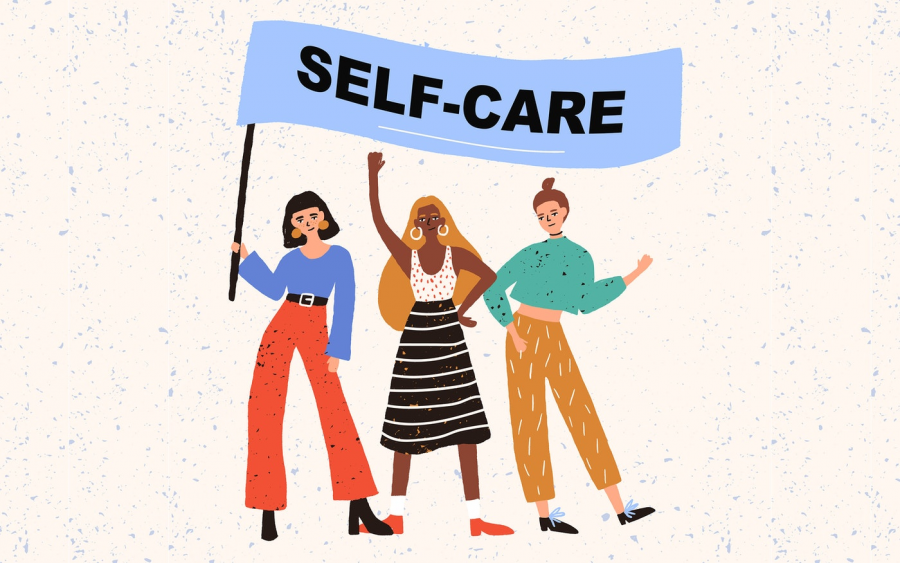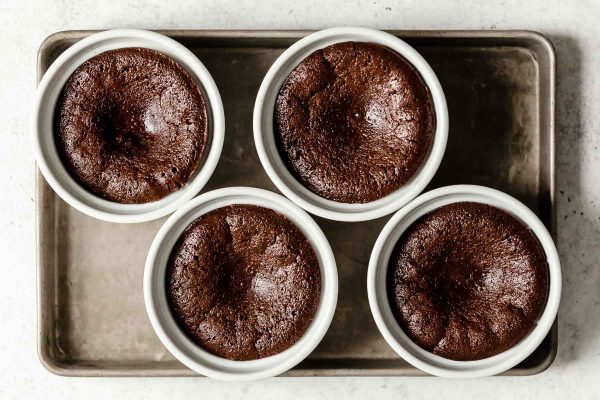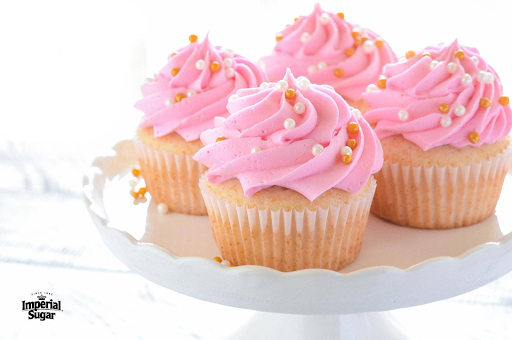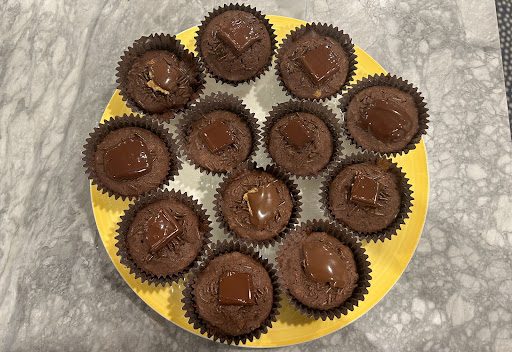Wellness: What is Self-Care and How Can You Practice It?
The word self-care is heard a lot nowadays. After a stressful day at school, we come home and unconsciously slap on a face mask (the beauty kind) and call it self-care. Or, we believe that self-care is a luxury and takes up too much time to prioritize. Is self-care just putting on a face mask or having a fancy skincare routine? What is self-care really? Why do we even need it?
Defining self-care
Verywellmind.com defines self-care as “a conscious act one takes in order to promote their own physical, mental, and emotional health.” Self-care is important because it prevents burnout, reduces stress, helps us refocus, and builds resilience to the stressors in our lives. I like to think of self-care as an airplane oxygen mask. Whenever I am on a flight, I always attentively listen to the safety announcements. The flight attendant always says that in case of an emergency, you must put your oxygen mask on first before you help someone else put theirs on. So, what am I trying to say with this convoluted metaphor? Self-care is like putting on an oxygen mask. You need to help yourself first so that you can help others. If we first learn to love ourselves, we can love others to the best of our ability.
How to implement self-care
First, we need to define self-care for ourselves. Ask yourself these three questions or even write your answers down on a piece of paper:
- “What does self-care mean to me?
- Why is self-care important to me?
- What acts of self-care have worked best for me?”
Here are my answers: self-care to me means loving myself so that I can love others and help them achieve their best self while achieving my best self. Self-care is important because serving others means a lot to me. The acts of self-care that have worked best for me are spending time with my family, doing yoga, reading a book, and cleansing my face every night.
Second, we need to build our own self-care toolkit. There are many types of self-care: physical, mental, emotional, and social.
- Physical Self-Care
Our body is a reflection of our mind and vice versa. If you care for your body, you will feel better and be able to focus more. Examples of physical self-care include exercising, eating well and healthily, getting enough sleep, and living in an environment that sparks joy. Skincare and face masks also fall into this category.
- Mental Self-Care
Mental self-care is personal growth. Some examples of mental self-care are learning new things, reading books, being creative, lighting a candle, and giving yourself space to breathe. Breathing is an excellent way to calm down and refocus. Try a breathing square (breathe in for 4 seconds, hold for 4 seconds, breathe out for 4 second, hold for 4 seconds, and repeat) for 5 to 10 minutes and you will feel so relaxed and ready to go.
- Emotional Self-Care
Emotional self-care means to be aware and accepting of our feelings and to handle stress positively. Examples of emotional self-care include brain dumping, journaling, talking with friends, parents, or trusted mentors about our problems. There’s not much to say in this category, but any way of releasing your emotions, like punching a pillow, is a way to practice emotional self-care.
- Social Self-Care
Social self-care includes having a sense of belonging and acceptance, along with meaningful relationships. Aristotle believed that friendship was the best way to practice virtue. Friendship requires virtue because if we weren’t virtuous towards our friends, we wouldn’t have friends anymore. Being with friends and family makes us feel happy since, when they are happy, we are happy.
Now, take some time to write a few examples of each type of self-care that you think will work well for you. For me, my go-to physical self-care is yoga, but I also love cleaning my room. My mental self-care consists of reading and breathing. My emotional self-care includes trying to journal and talking with my mentor about my problems. My social self-care is making gifts for my family and friends.
The last step is to try to practice these self-care habits. You don’t have to do every single type of self-care everyday but at least try one a day whenever you are feeling drained. Self-care is important, and I hope you learn to love yourself. I believe in you!
https://www.youtube.com/watch?v=irG9q9hqV_E
https://www.verywellmind.com/self-care-strategies-overall-stress-reduction-3144729
Neha Sunkara ‘21, Food & Wellness Editor















